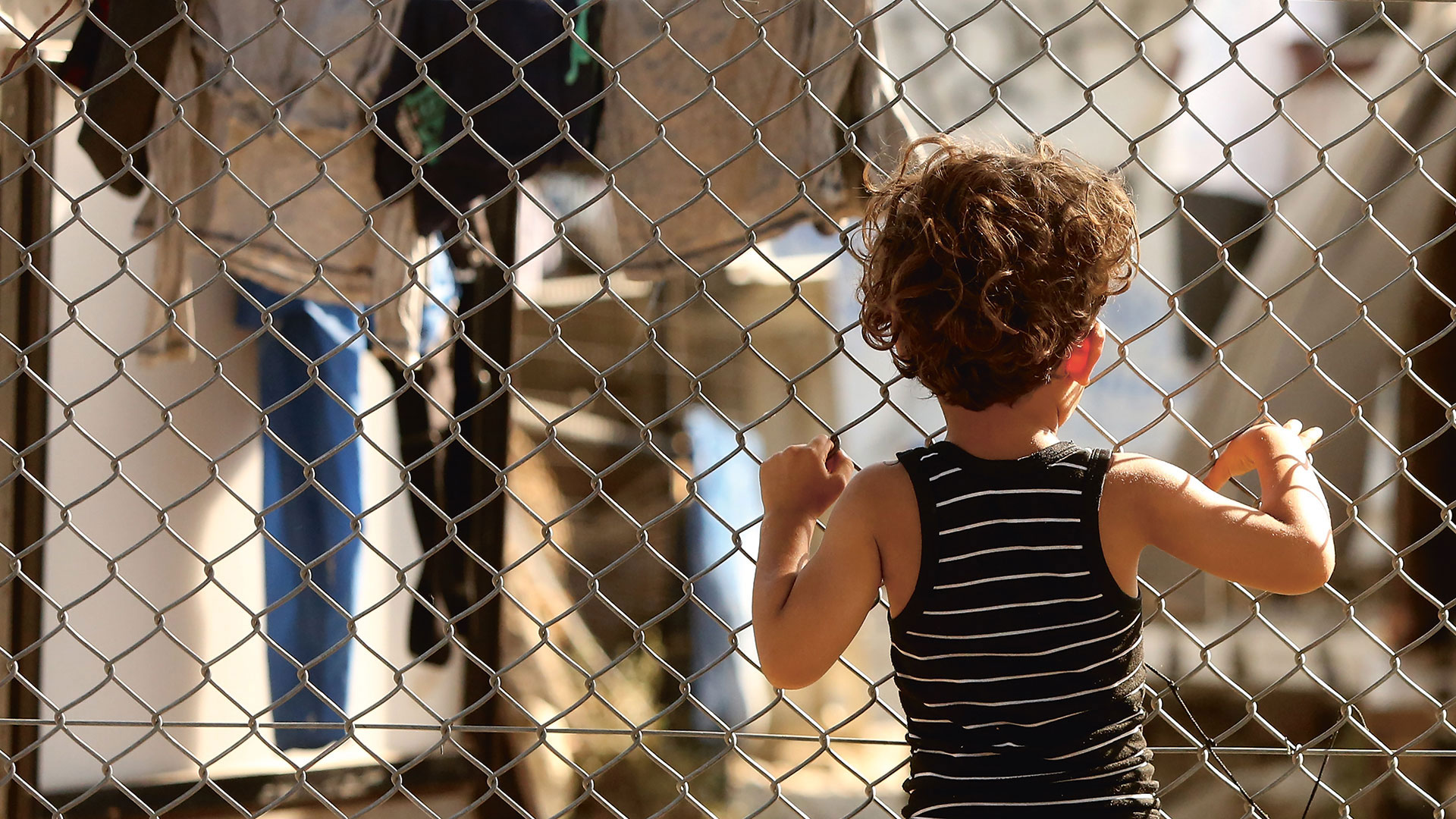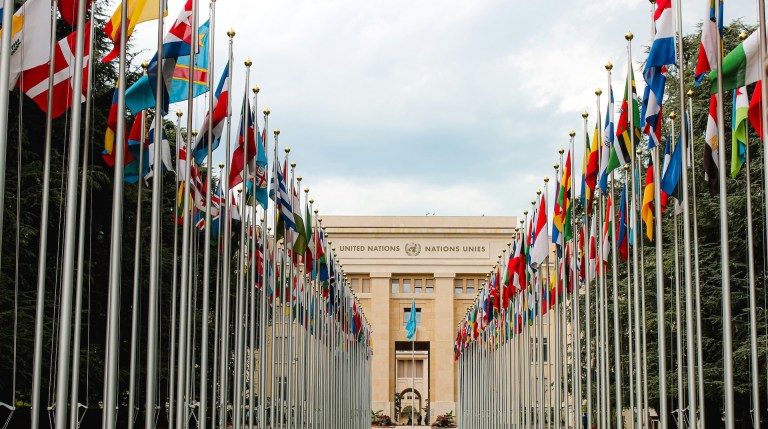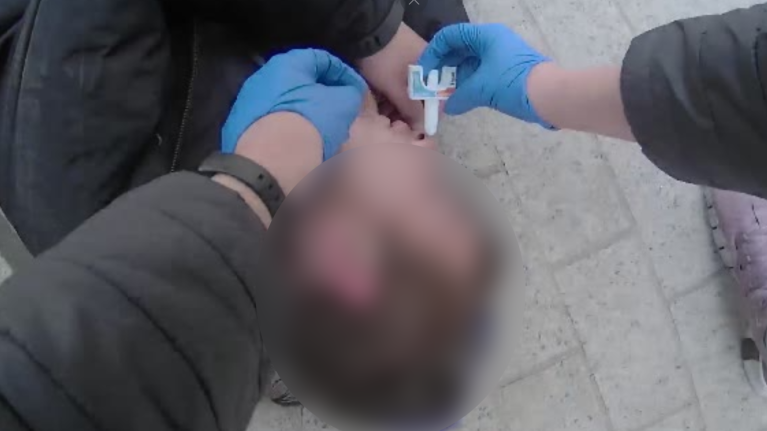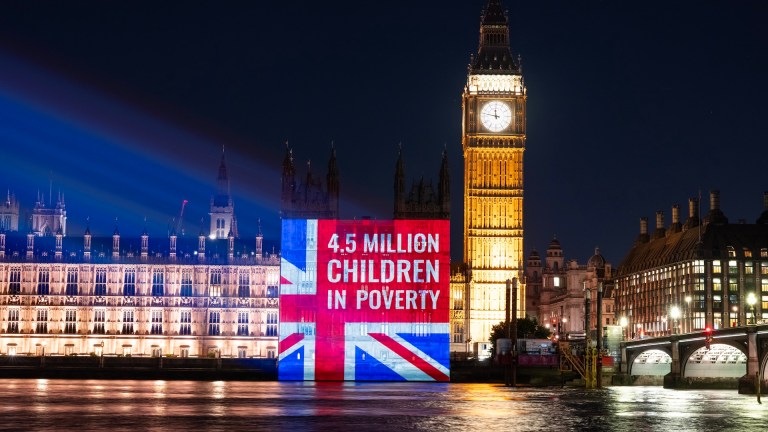June 23 2016 was an historic day for our country. But for me it was also the beginning of a journey I’ve been privileged to take with one of our local heroes, Alf Dubs. That journey would ultimately take Alf and me to the camps in Calais and Greece together to see for ourselves the terrible conditions children survive in. It would also lead to 26 so-called “Dubs children” – those with no family at all – completing their own journeys to safely settle in this borough.
Alf lives in Hammersmith, where I am the leader of the council. After he and I had spent a long referendum day knocking on doors, we shared our fears over a beer. It was then that Alf explained to me his worries about the plight of child refugees.
https://twitter.com/SimonCarswell/status/1222812849564766208
My first priority is always our residents, which is why Hammersmith and Fulham has the third-lowest council tax in Britain, taken all children out of homeless B&B accommodation, offers free homecare to our elderly and disabled residents and provides free breakfasts for all primary school children. But during the worst global refugee crisis in the post-war period, I also believe we have a duty to some of the most desperate, traumatised people of all – unaccompanied refugee children. I also have a duty to do all I can to keep our residents safe. Scrapping children’s legal right to family reunion not only betrays our great British humanitarian traditions but it also fuels organised crime which contaminates our communities, because when legal routes to safety for refugee children are closed, illegal smuggling and even trafficking flourish. Westminster may be where policy affecting refugee children is decided, but it is local authorities that are at the coalface of the refugee crisis.
When children arrive in our borough, age assessments are undertaken. The overwhelming majority of the children assessed are indeed children. All of the Dubs children in our care suffer from trauma, but they’re all doing well. All but two are in full-time education and 16 of them are studying for university degrees. Given the dangerous journeys they have taken without family to protect them, their achievements are extraordinary. One of our Dubs children lived for two years in the Calais Jungle before being granted a legal right to asylum here. Three years on, and despite arriving here speaking no English, he is a model student with an excellent attendance and behaviour record at school. His passion and talent for cricket won him a fully funded place on a local team, and he has passed his trials for a national training programme that starts
this month.










